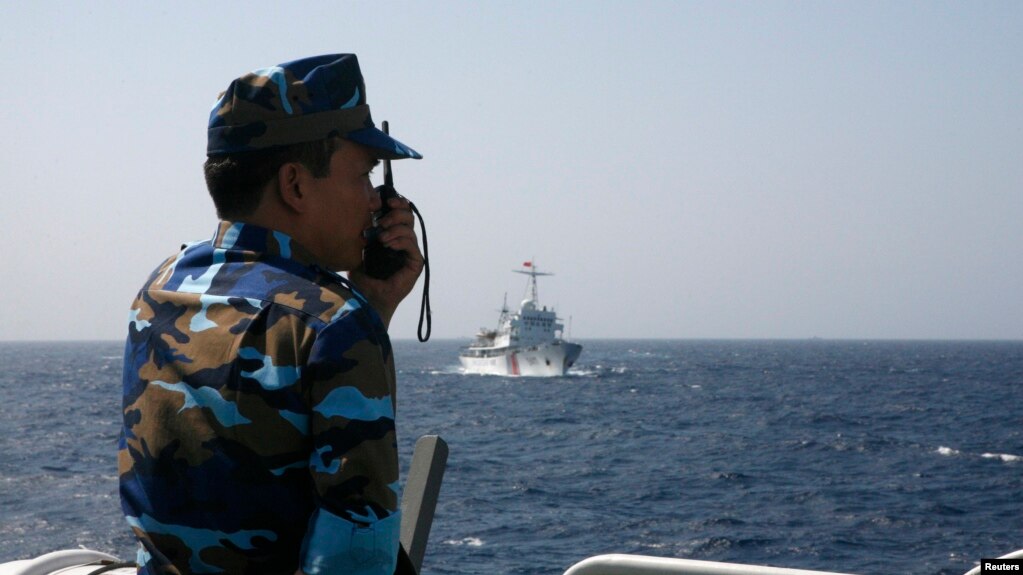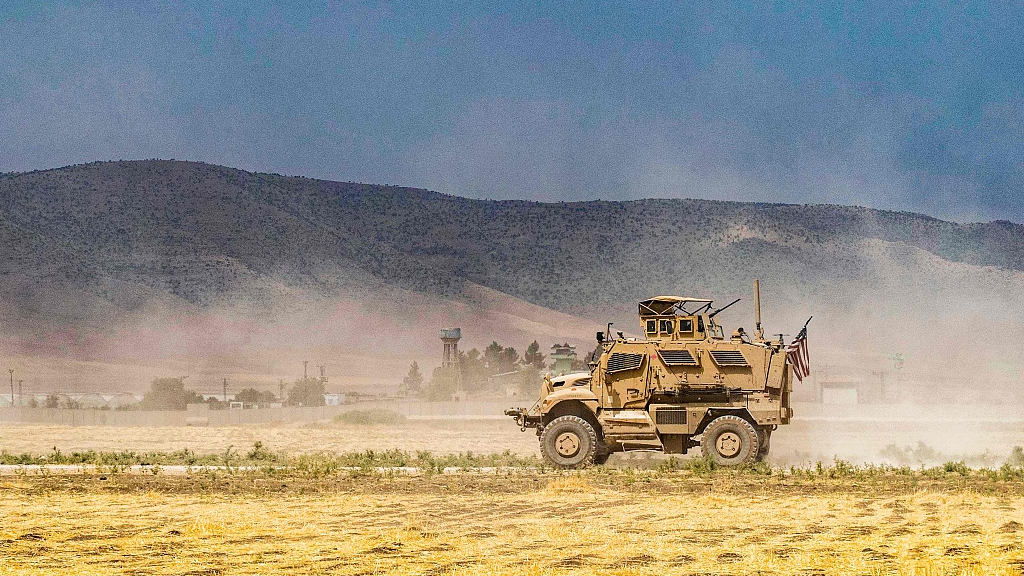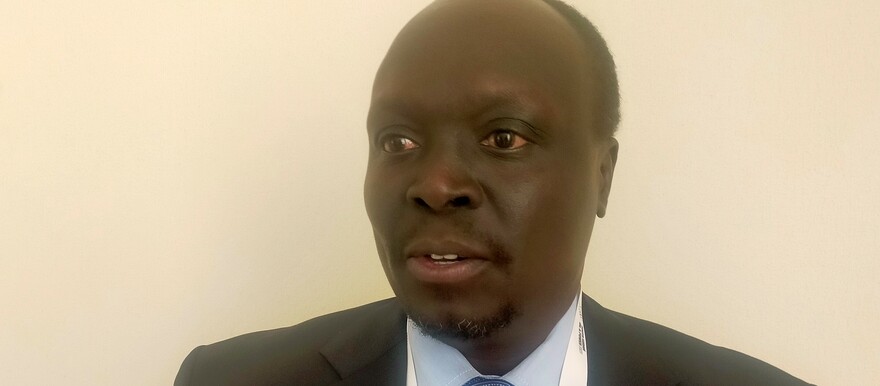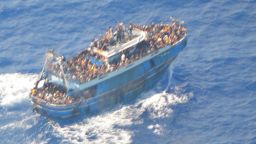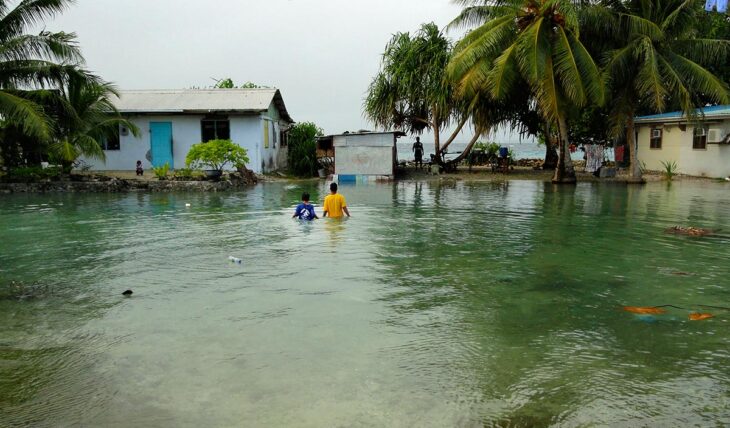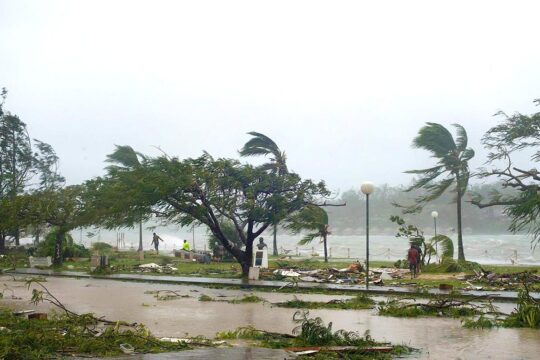How can Andrew Tate, a TikTok star and self-proclaimed misogynist, be a role model? The results of a new survey on masculinity in Germany are disturbing.
Stephanie Höppner
DW
June 17, 2023
Toxic masculinity: violence, dominance, homophobia
'Totally unacceptable'
Experts agree the organization's survey has pitfalls. "I would have liked to have seen more detail on how the study was designed," says Dag Schölper from the Bundesforum Männer, an advocacy group for boys and men. He told DW that unfortunately it is not exactly clear how the answers were given either.
"All the same, even if one-third of 1,000 random men give an affirmative answer — they may not be entirely serious when saying whether they could imagine beating their partner — they still said yes rather than automatically saying, that is totally inacceptable," says Schölper. He adds that statistics on violence show that such an attitude exists and is acted upon in parts of society. The numbers prove him right. About 143,000 people experienced violence at the hands of their partner or ex-partner in 2021, according to an analysis of criminal statistics by Germany's Federal Criminal Police Office (BKA).
In about 80% of cases, the victims were women and the vast majority of perpetrators were male. Compared to the previous year, it marks a slight decrease but a look at the past five years shows an increase.
Prejudice against women
The figures concerning the perception of masculinity and possible prejudices are somewhat lower, but still disconcerting. A 2017 survey by the German government's anti-discrimination agency, for instance, says about 40% of respondents said they were bothered by publicly displayed homosexuality.
About 90% of respondents in a United Nations survey for the 2023 Gender Social Norms Index (GSNI) said they harbored prejudices against women. Two-thirds of respondents did not trust women with political leadership roles. One-in-four said it is okay for a man to hit a woman. Despite numerous campaigns, the GSNI shows "no improvement in prejudice against women in a decade," the organization said earlier this week.
Gender equality: the pendulum swings back
But why is so-called toxic masculinity still so predominant? "There are always pendulum swings, and they are also reflected in the survey," says Schölper. "Homosexuality and queer life are increasingly visible in public, they don't just take place in secret. People who find that problematic feel challenged, perhaps threatened."
Crises like the coronavirus pandemic also revive traditional gender roles, when people return to the traditional to create a sense of security. During the pandemic, women once again took over more care work, and domestic violence increased according to sociologists. And according to Schölper, there is a worldwide backlash movement that has bolstered rigid, narrow ideas of gender.
The figures are clear mandate, says the expert. "We need to work with boys and men," he says, arguing that municipalities must understand that a counseling structure for men is a public service to make sure that when they have problems, they don't turn to the internet "and people like Andrew Tate to seek advice."
This article was originally written in German.
Image: Westend61/Iamgo Images
A survey revealing that many young people in Germany find domestic violence is "acceptable," women belong in the kitchen, and public displays of homosexuality are to be rejected has come as a shock.
One-in-three men surveyed by the non-governmental organization Plan International said they were okay with occasional violence toward women; 34% said they get rough with women at times "to make them show respect." In March, 1,000 men and 1,000 women between the ages of 18-and-35 took part in a standardized written online survey for Plan International's latest survey on tensions surrounding the idea of male identity.
Other statements also present an unsettling image of masculinity. According to the survey, 48% of the respondents feel bothered when men are openly gay. The role models they name include US entrepreneur Elon Musk and Andrew Tate — an influencer who presented himself as a self-proclaimed misogynist on TikTok and made a name for himself with statements like "females are the ultimate status symbol" and "masculine life is war."
The survey initially caused a great stir in the media, followed by fierce criticism. Users on social networks questioned whether the study was really representative, especially since the survey was conducted virtually and so clearly targeted an online-savvy group.
Others criticized the fact that concrete questions were missing. However, the main focus was whether or not young men in Germany really think and act that way.
A survey revealing that many young people in Germany find domestic violence is "acceptable," women belong in the kitchen, and public displays of homosexuality are to be rejected has come as a shock.
One-in-three men surveyed by the non-governmental organization Plan International said they were okay with occasional violence toward women; 34% said they get rough with women at times "to make them show respect." In March, 1,000 men and 1,000 women between the ages of 18-and-35 took part in a standardized written online survey for Plan International's latest survey on tensions surrounding the idea of male identity.
Other statements also present an unsettling image of masculinity. According to the survey, 48% of the respondents feel bothered when men are openly gay. The role models they name include US entrepreneur Elon Musk and Andrew Tate — an influencer who presented himself as a self-proclaimed misogynist on TikTok and made a name for himself with statements like "females are the ultimate status symbol" and "masculine life is war."
The survey initially caused a great stir in the media, followed by fierce criticism. Users on social networks questioned whether the study was really representative, especially since the survey was conducted virtually and so clearly targeted an online-savvy group.
Others criticized the fact that concrete questions were missing. However, the main focus was whether or not young men in Germany really think and act that way.
'Totally unacceptable'
Experts agree the organization's survey has pitfalls. "I would have liked to have seen more detail on how the study was designed," says Dag Schölper from the Bundesforum Männer, an advocacy group for boys and men. He told DW that unfortunately it is not exactly clear how the answers were given either.
"All the same, even if one-third of 1,000 random men give an affirmative answer — they may not be entirely serious when saying whether they could imagine beating their partner — they still said yes rather than automatically saying, that is totally inacceptable," says Schölper. He adds that statistics on violence show that such an attitude exists and is acted upon in parts of society. The numbers prove him right. About 143,000 people experienced violence at the hands of their partner or ex-partner in 2021, according to an analysis of criminal statistics by Germany's Federal Criminal Police Office (BKA).
In about 80% of cases, the victims were women and the vast majority of perpetrators were male. Compared to the previous year, it marks a slight decrease but a look at the past five years shows an increase.
Prejudice against women
The figures concerning the perception of masculinity and possible prejudices are somewhat lower, but still disconcerting. A 2017 survey by the German government's anti-discrimination agency, for instance, says about 40% of respondents said they were bothered by publicly displayed homosexuality.
About 90% of respondents in a United Nations survey for the 2023 Gender Social Norms Index (GSNI) said they harbored prejudices against women. Two-thirds of respondents did not trust women with political leadership roles. One-in-four said it is okay for a man to hit a woman. Despite numerous campaigns, the GSNI shows "no improvement in prejudice against women in a decade," the organization said earlier this week.
Gender equality: the pendulum swings back
But why is so-called toxic masculinity still so predominant? "There are always pendulum swings, and they are also reflected in the survey," says Schölper. "Homosexuality and queer life are increasingly visible in public, they don't just take place in secret. People who find that problematic feel challenged, perhaps threatened."
Crises like the coronavirus pandemic also revive traditional gender roles, when people return to the traditional to create a sense of security. During the pandemic, women once again took over more care work, and domestic violence increased according to sociologists. And according to Schölper, there is a worldwide backlash movement that has bolstered rigid, narrow ideas of gender.
The figures are clear mandate, says the expert. "We need to work with boys and men," he says, arguing that municipalities must understand that a counseling structure for men is a public service to make sure that when they have problems, they don't turn to the internet "and people like Andrew Tate to seek advice."
This article was originally written in German.

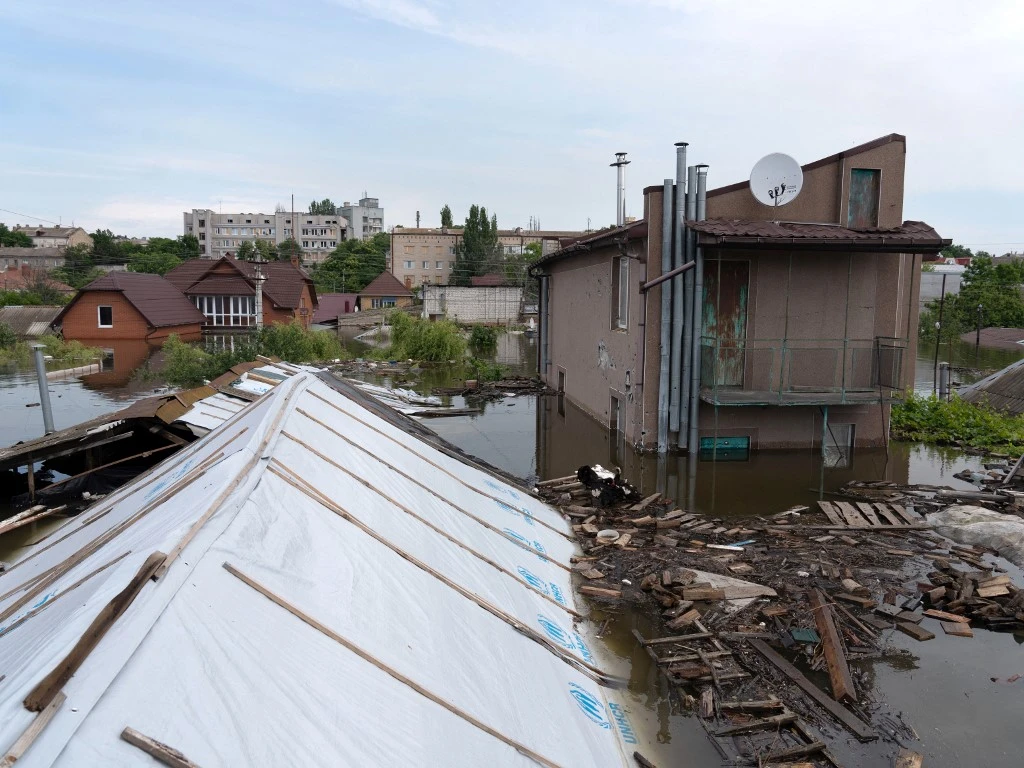
/cloudfront-ap-southeast-2.images.arcpublishing.com/nzme/4ZNIGWXMAJF3PEMGTBZY3NBJLQ.jpg)
/cloudfront-ap-southeast-2.images.arcpublishing.com/nzme/MFH3DRFFEVDOZJD7IE6LT5XKHQ.jpg)


